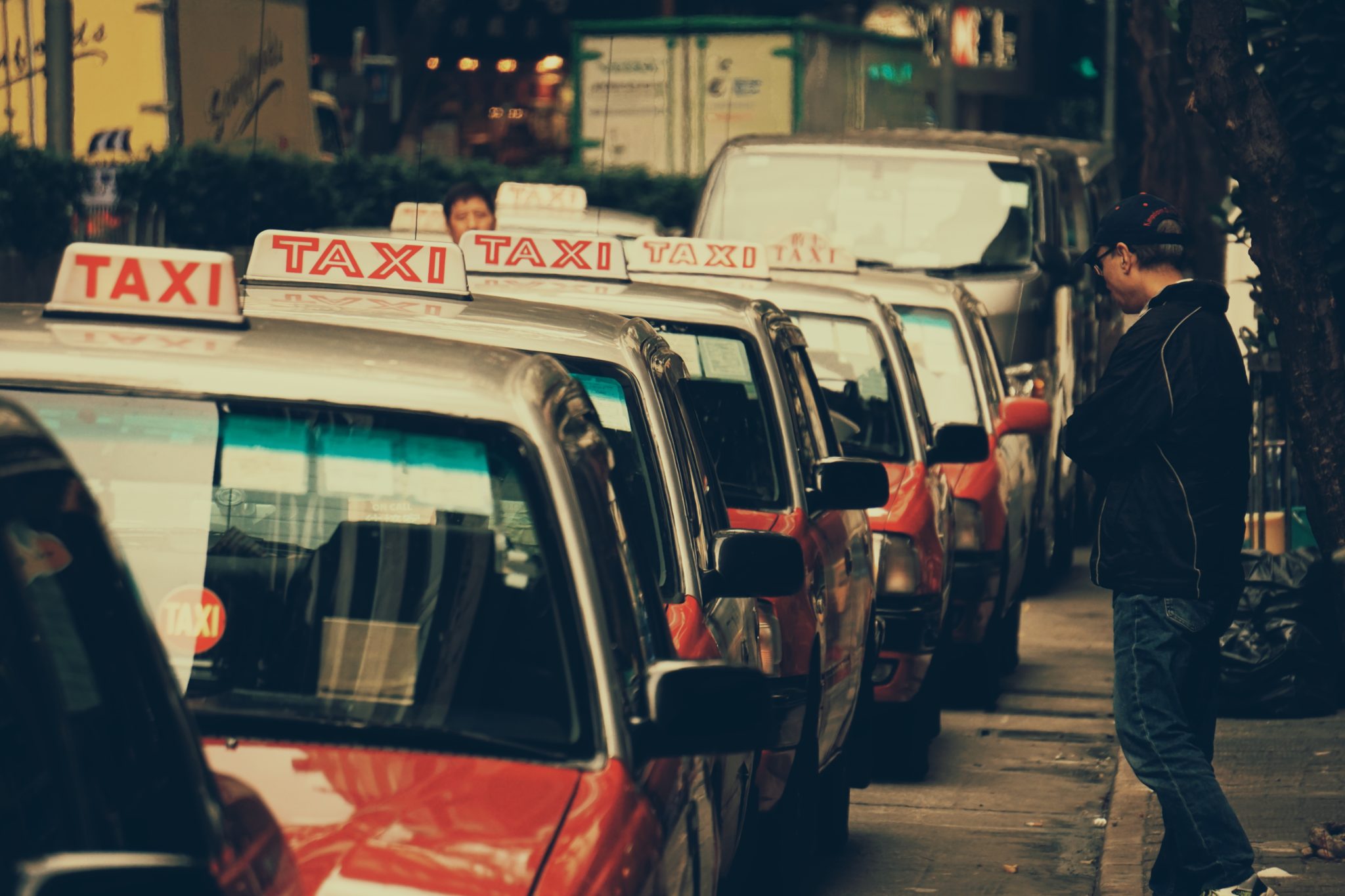
Uber and Airbnb have been described in the above terms so many times now that it’s almost a no-brainer to use one company to the explain the other;
“What Uber is to taxis; Airbnb is to accommodation” or vice versa.
While the two companies differ vastly in culture and tactics, they do have quite a bit in common;
- They are the poster children (at least until Uber’s fall from grace) for the wave of startups disrupting traditional industries with technology
- Both are marketplaces and adopt a business model described “network orchestrators” for their role in aggregating an industry and facilitating trust, relationships and transactions. The uniqueness of this business model is credited for both companies have attracting huge amounts of venture capital at valuations that dwarf their publicly listed, traditional competitors
- Both are consumer facing applications
- They bring together buyers and suppliers and earn a transaction fee for making it happen
- Both are looking to unlock economic value from dormant assets. Airbnb enables people to rent out unutilized space/rooms to travelers while Uber enables any driver with a vehicle and spare time to become a taxi
However, the current status of the companies could not be more different
Leaving aside Uber’s drama with culture issues and top management changes, still leaves the stark contrast between the competitive market positions of the two companies. Airbnb arguably has no startup competitors. If anything, its direct competition comes from incumbent like Booking.com trying to get in on its turf, to protect their existing business model. Uber on the other hand, has severe direct competition in almost every market. In some cases, like Didi in China, these competitors have proven strong enough to oust it from the market entirely.
Uber also recently existed 8 countries in South East Asia, ceding them to Grab. Even leaving aside Didi and Grab, it faces a bunch of strong competitors, with a lot more startup tenacity than Airbnb’s competitors in the form of Go-Jek, Ola, Careem, Cabify etc.
This is surprising, as Uber and Airbnb are also similar in two key aspects that determine the defensibility of their business model.
- From a purely software point of view, both businesses can start with relatively simple apps, without needing an army of developers or a hefty development budget. Build a minimum viable product and you’re ready to start marketing to on-board new drivers/properties!
- Both companies have to win uphill battles to be accepted by regulators and incumbents (taxi driver unions, hotels), in each new market they enter. Once they do, similar new entrants can ride on their hard won legitimacy. This creates a tangible second mover advantage, as competitors can then focus on growth instead of politics.
So what explains the intense competition that Uber faces globally, relative to Airbnb?
For one it might be due to global vs. local network effects as explained by this article. The thinking here is that Airbnb benefits from global network effects while Uber only enjoys local network effects. For example, an Airbnb listing in London is beneficial to a traveler from Sri Lanka as much as it is to a traveler from US. Thus, Airbnb benefits from its global inventory.
On the other hand, taxis in San Francisco have no relevance for a rider in New York. Hence Uber, needs to start from scratch every time it enters a new market. For Uber’s local network effect to kick in, it needs to recruit drivers, build partnerships and market itself to riders. If a sufficient volume, of riders and drivers sign up, it becomes attractive for more to join. These local network effects mean that Uber’s global brand is of limited use in any specific market. Any local competitor that nudges ahead by winning more riders or drivers, can run it out of a market.
Somewhat tied to the above, but perhaps a reason in itself, is the fact that Airbnb’s model scales better than Uber. For example, to enter new territory Uber needs at minimum a small team to sign up drivers, spread awareness among consumers and handle relationships with local governments and unions. Airbnb on the other hand, could get hundreds and thousands of listings from property owners who wanted to be discovered by travelers, without having to put in this kind of effort or investment. As long as its global brand is well known and its site receives traffic from prospective travelers, it is useful for property owners to get themselves listed.
To its credit, Airbnb also managed to create value beyond simply offering convenience and cost effectiveness. By marketing itself as a way for travelers to ‘live with locals’ and to immerse themselves in the culture of the place they are visiting, Airbnb has created a truly differentiated offering, that can take on the traditional hotel industry. The Uber business models on the other hand, is still too focused on ‘hygiene’ factors which could be matched and surpassed by nimble local competitors.
Both these companies have transformed the world and profoundly influenced how we travel both locally and globally. But one seems destined to keep losing more battles to local competitors and subsidizing rides to stay competitive while the other is gradually tightening its grip around the global market it set out to capture. A telling lesson on the importance of understanding the full intricacies of one’s business model, for all aspiring disruptive startups.
References
https://www.forbes.com/sites/valleyvoices/2016/08/17/airbnb-uber-and-marketplaces/#723254de7bd5
https://hbr.org/2014/11/what-airbnb-uber-and-alibaba-have-in-common
